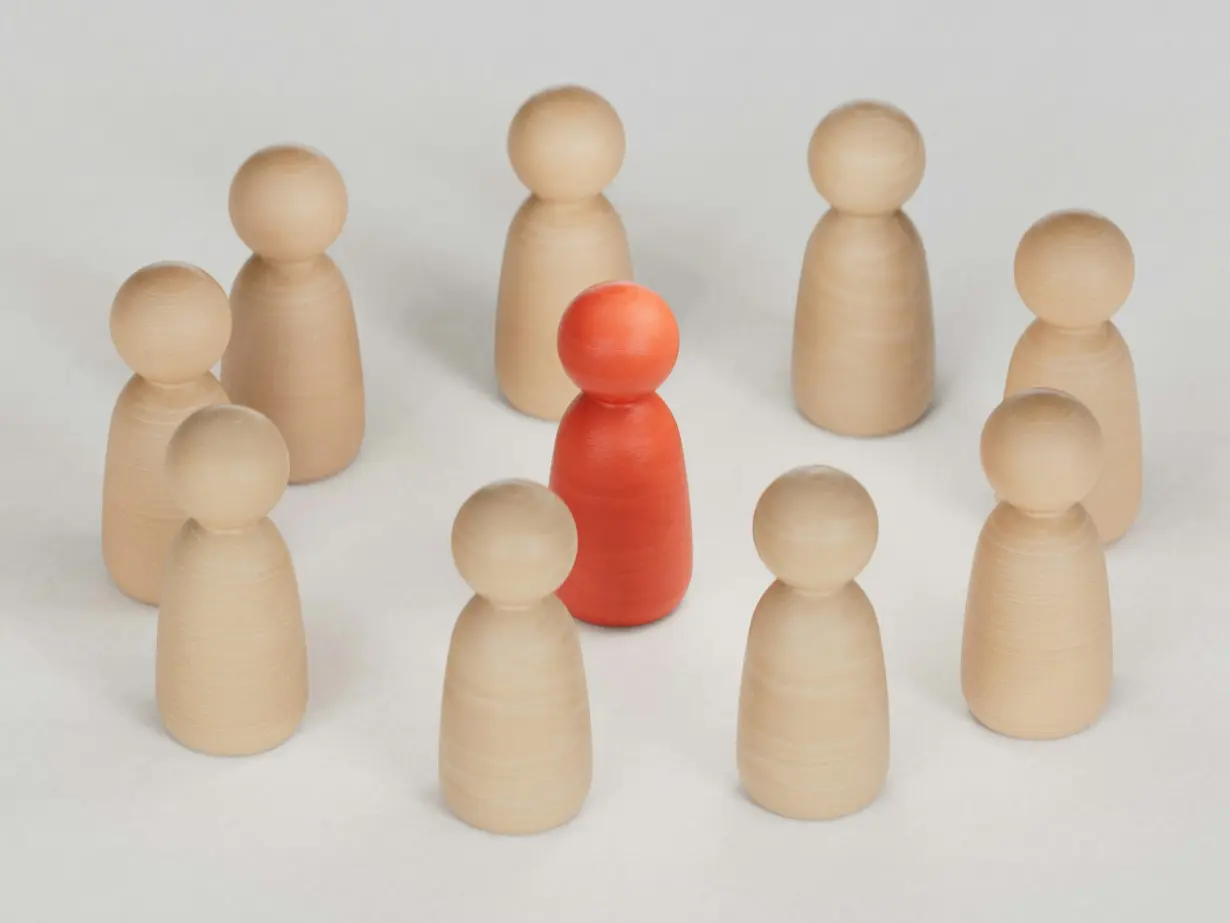“Cancel culture” has a bad reputation. There is growing anxiety over this practice of publicly shaming people online for violating social norms ranging from inappropriate jokes to controversial business practices.
Online shaming can be a wildly disproportionate response that violates the privacy of the shamed while offering them no good way to defend themselves. These consequences lead some critics to claim that online shaming creates a “hate storm” that destroys lives and reputations, leaves targets with “permanent digital baggage” and threatens the fundamental right to publicly express yourself in a democracy. As a result, some scholars have declared that online shaming is a “moral wrong and social ill.”
But is online public shaming necessarily negative? I’m a political scientist who studies the relationship between digital technologies and democracy. In my research, I show how public shaming can be a valuable tool for democratic accountability. However, it is more likely to provide these positive effects within a clearly defined community whose members have many overlapping connections.
When shaming helps
Public shaming is a “horizontal” form of social sanctioning, in which people hold one another responsible for violating social norms, rather than appealing to higher authorities to do so. This makes it especially useful in democratic societies, as well as in cases where the shamers face power imbalances or lack access to formal authorities that could hold the shamed accountable.
For example, public shaming can be an effective strategy for challenging corporate power and behavior or maintaining journalistic norms in the face of plagiarism. By harnessing social pressure, public shaming can both motivate people to change their behavior and deter future violations by others.
But public shaming generally needs to occur in a specific social context to have these positive effects. First, everyone involved must recognize shared social norms and the shamer’s authority to sanction violations of them. Second, the shamed must care about their reputation. And third, the shaming must be accompanied by the possibility of reintegration, allowing the shamed to atone and be welcomed back into the fold.
This means that public shaming is more likely to deliver accountability in clearly defined communities where members have many overlapping connections, such as schools where all the parents know one another.
In communal spaces where people frequently run into each other, like workplaces, it is more likely that they understand shared social norms and the obligations to follow them. In these environments, it is more likely that people care about what others think of them, and that they know how to apologize when needed so that they can be reintegrated in the community.
Communities that connect
Most online shamings, however, do not take place in this kind of positive social context. On the social platform X, previously known as Twitter, which hosts many high-profile public shamings, users generally lack many shared connections with one another. There is no singular “X community” with universally shared norms, so it is difficult for users to collectively sanction norm violations on the platform.
Moreover, reintegration for targets of shamings on X is nearly impossible, since it is not clear to what community they should apologize, or how they should do so. It should not be surprising, then, that most highly publicized X shamings – like those of PR executive Justine Sacco, who was shamed for a racist tweet in 2013, and Amy Cooper, the “Central Park Karen” – tend to degenerate into campaigns of harassment and stigmatization.
But just because X shamings often turn pathological does not mean all online shamings do. On Threadless, an online community and e-commerce site for artists and designers, users effectively use public shaming to police norms around intellectual property. Wikipedians’ use of public “reverts” – reversals of edits to entries – has helped enforce the encylopedia’s standards even with anonymous contributors. Likewise, Black Twitter has long used the practice of public shaming as an effective mechanism of accountability.
What sets these cases apart is their community structure. Shamings in these contexts are more productive because they occur within clearly defined groups in which members have more shared connections.
Acknowledging these differences in social context helps clarify why, for example, when a Reddit user was shamed by his subcommunity for posting an inappropriate photo, he accepted the rebuke, apologized and was welcomed back into the community. In contrast, those shamed on X often issue vague apologies before disengaging entirely.
Crossing online borders
There are still very real consequences of moving public shaming online. Unlike in most offline contexts, online shamings often play out on a massive scale that makes it more difficult for users to understand their connections with one another. Moreover, by creating opportunities to expand and overlap networks, the internet can blur community boundaries in ways that complicate the practice of public shaming and make it more likely to turn pathological.
For example, although the Reddit user was reintegrated into his community, the shaming soon spread to other subreddits, as well as national news outlets, which ultimately led him to delete his Reddit account altogether.
This example suggests that online public shaming is not straightforward. While shaming on X is rarely productive, the practice on other platforms, and in offline spaces characterized by clearly defined communities such as college campuses, can provide important public benefits.
Shaming, like other practices of a healthy democracy, is a tool whose value depends on how it’s used.

Jennifer Forestal has received funding from the National Endowment for the Humanities.
Source: The Conversation

 Singapore's Grab raises annual revenue forecast, shares jump
Singapore's Grab raises annual revenue forecast, shares jump
 New York Times Tech Guild to return to work, negotiations will go on
New York Times Tech Guild to return to work, negotiations will go on
 Trump selects Mike Waltz as national security adviser, source says
Trump selects Mike Waltz as national security adviser, source says
 Australian consumer sentiment jumps for second month in Nov
Australian consumer sentiment jumps for second month in Nov
 Vital signs improve for English healthcare productivity, think tank says
Vital signs improve for English healthcare productivity, think tank says
 Queen Bey and Yale: The Ivy League university is set to offer a course on Beyoncé and her legacy
Queen Bey and Yale: The Ivy League university is set to offer a course on Beyoncé and her legacy
 Megan Fox is expecting a baby with Machine Gun Kelly
Megan Fox is expecting a baby with Machine Gun Kelly
 Philly fans brought together by Eagles Autism Foundation share bond that goes beyond game day
Philly fans brought together by Eagles Autism Foundation share bond that goes beyond game day
 Public shaming can help uphold online community norms.
Public shaming can help uphold online community norms.
